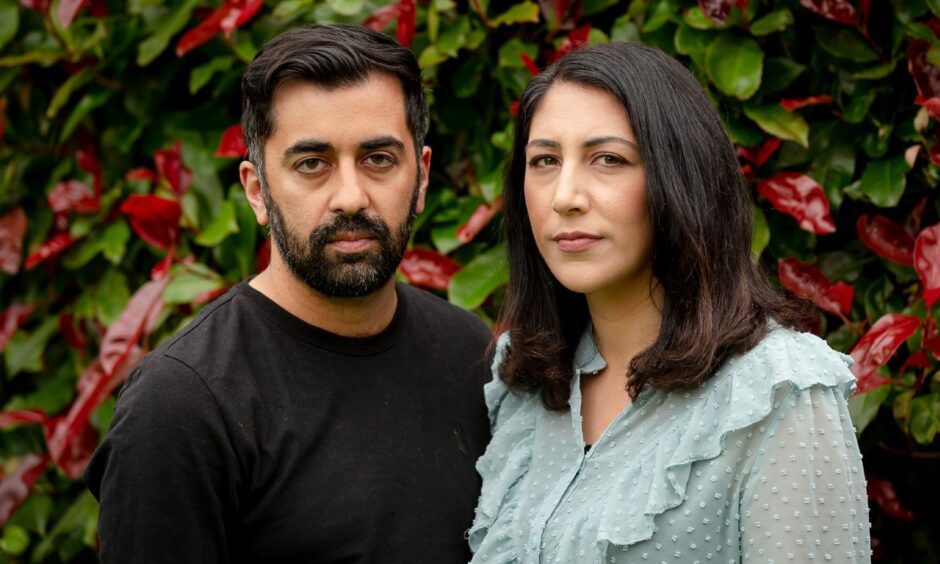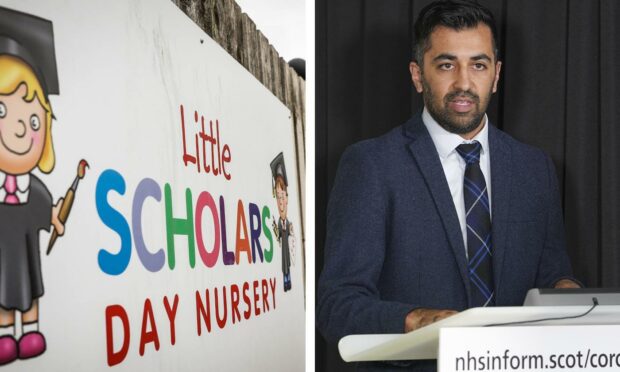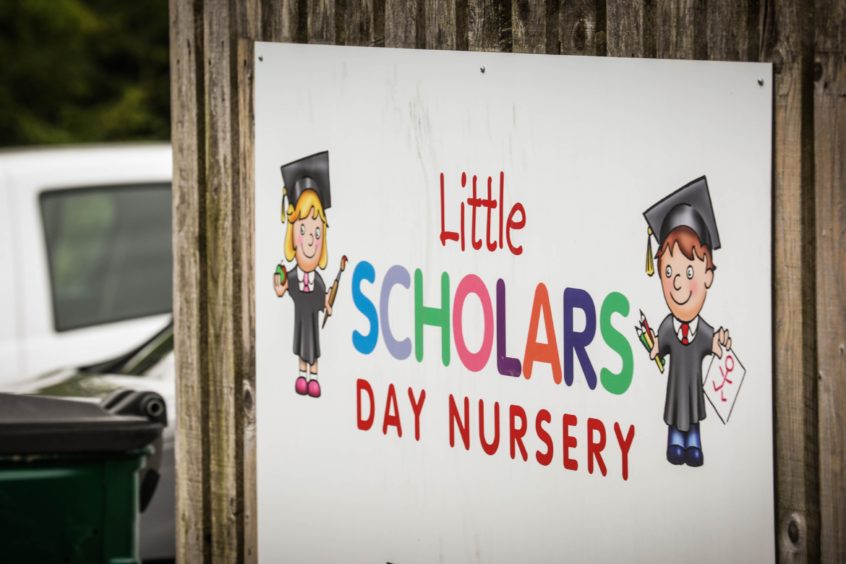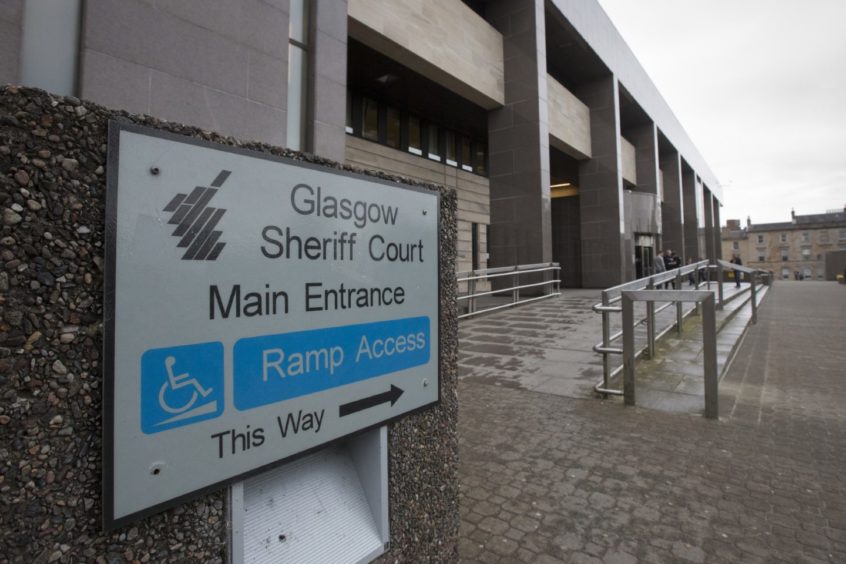A newly obtained report has shed fresh light on a war of words between the Care Inspectorate and a Dundee nursery over its probe into a complaint by Humza Yousaf.
The nursery has strenuously denied suggestions it discriminated against applicants based on their names, allegations levelled against Little Scholars by the SNP politician and his wife Nadia El-Nakla.
The couple had applied for a space at the Broughty Ferry nursery but were rejected, and after launching their own investigation, they claimed children with “non-ethnic” names had been accepted.
After announcing the results of its probe, the Care Inspectorate said it had found that the nursery did not “promote fairness, equality and respect” in offering placements.
But the watchdog was accused of “partisan spin” over its statement, which the nursery indicated did not reflect the report’s findings.
The report, which has now been obtained by our sister paper The Courier after the Care Inspectorate initially refused to make it public, sheds new light on the dispute and details what evidence inspectors found.
Fictitious applications were scrutinised
As part of the process, the Care Inspectorate assessed fictitious applications put forward by Mr Yousaf and his wife – two in the name of Shepherd and Blake and two in the names Ahmad and Akhtar.
While the fictitious applications in the name of Akhtar and Ahmad were rejected, the two using the names Shepherd and Blake were both accepted.

The Care Inspectorate says that the nursery explained that the application for Blake was only accepted after scheduling changes requested by other families created availability.
Invoices confirmed the changes to attendance patterns that created this availability.
The fictitious application for a child named Akhtar, which was made the same day, was declined.
The nursery said this was because they “cannot accommodate short-term applications due to demand for permanent places”.
“This was a reasonable approach,” the report said, adding: “However, this was not explained to the fictitious applicant when the request was declined”.
2. Nursery gave space ‘unfairly’
The report says a review of 14 emails from current families at the nursery showed frequent, and often short-notice, schedule change requests were received in May 2021 and June 2021.
But while these changes created availability, the way these spaces were offered was said to be “unfair”.
“The admissions procedure was unsatisfactory and inconsistent. Records confirm that places were offered to newer applicants without considering earlier inquiries or applications.
“This was an unfair approach. Although the service claimed to have a waiting list, no formal system was evident.”
3. Disadvantages caused by ‘administrative inconsistencies’
Assessing the complaint, the Care Inspectorate said that administrative inconsistencies in how the nursery managed inquiries and applications had put some parents and children at a disadvantage.
The report also identified other reasons for the nursery not being able to predict availability, such as some children taking longer than others to successfully transition.
After the complaint was upheld last month, it emerged Little Scholars Day Nursery had been ordered to introduce “consistent and robust” systems to manage admissions requests.
4. Discrimination not identified in report
In listing the evidence for supporting the claim, the watchdog’s report does not directly refer to any evidence of discrimination based on ethnicity.
While it said some families were treated unfairly, the report’s conclusion suggests this was down to a “chaotic system” for handling applications.
“The chaotic system for handling inquiries prevented the service from promoting their
stated aims and objectives.
“Children and their families have a right to access services that are well led and managed effectively,” it concluded.
5. Nursery highlights ‘equality’ removal from report conclusion
A letter from the nursery’s solicitors said a reference to the word “equality” – central to the upheld complaint – had actually been removed from the conclusion of the final report.
It read: “Whilst complaint 1 was upheld, the conclusion on complaint 1 refers only to fairness.
“There is no reference in the conclusion to complaint 1 to children and families not being treated with equality (i.e. discriminating against them).
“A reference in the conclusion for complaint 1 of a draft report to equality was specifically for this reason was removed following submission of a Post Investigation Review Form.”
And it’s not over…
Despite the report being made public, the row between the nursery and the couple is unlikely to be over soon.
An action has been launched by Ms El-Nakla in Glasgow Sheriff Court, alleging the nursery contravened of Section 29 of the Equality Act 2010.
The case will be heard by a sheriff, with Ms El-Nakla’s legal team setting out how it believes the nursery broke equalities law.
Questions about the Care Inspectorate’s handling of the probe also remain, with the nursery asking it to regulation to explain “misleading” statements.
To read the full report click here.


